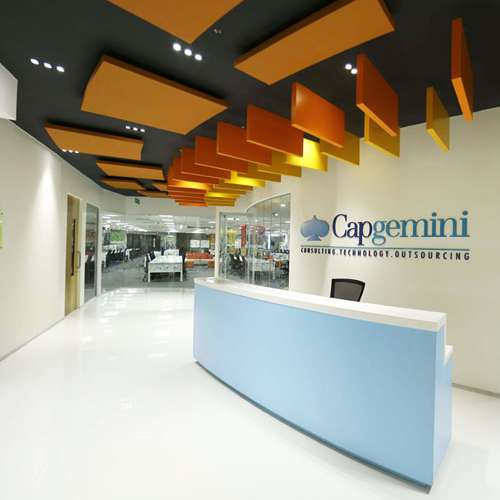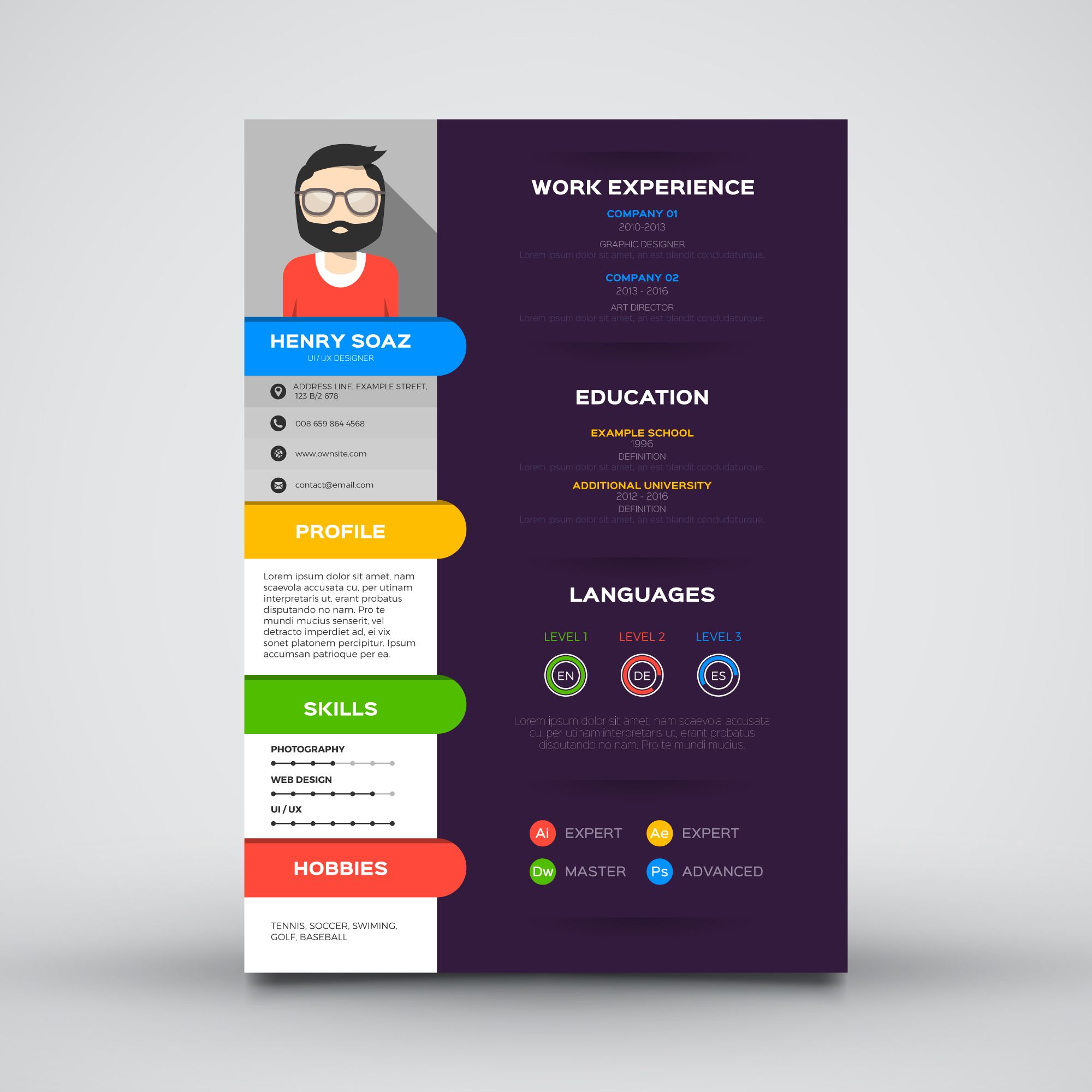How To Get Into Capgemini
- Piyush Tainguriya
- July 19, 2018
- 0 Comments
- 0 Likes
- 2477 Views

I have the unique pleasure of working with a full-stack developer. His name is Ramakant Singh. A 2016 pass-out from the Atharva college of Engineering from the IT branch, Ramakant is passionate about coding and learning everything he can about the latest technologies. He started his professional life at Capgemini and remembers it fondly. His favorite thing about Capgemini is the supportive work environment and the world-class HR policies.
Another reason Ramakant recommends Capgemini is their world-class training. By some accounts it’s as good as Infosys and by other accounts it’s even better. There are policies that ensure you get paid for any extra time you spend at work. Also, a great many clients of Capgemini are European companies so the possibility of on-site work is pretty good despite a decline in H1B Visas.
I sat down with him to find out about the selection process for this software consulting behemoth. The selection procedure has toughened up since 2016, right after Capgemini merged with iGate. They essentially adopted the iGate selection strategy.
The minimum requirements for applying for the in-campus drive for Ramakant was a minimum CGPA of 6.5, minimum 60% marks in 12th standards. A maximum of 1 year gap in education is allowed and there must be no active AT/KTs during the time of application. Ramakant was asked to sign a bong upon his selection which he agreed to.
The first stage was the aptitude tests which contained the usual vocabulary, sentence completion, basic math and logic puzzles. The level of difficulty was the same as Bank P.O. exams. Ramakant recommended R.S agarwal for prep.
Aptitude round was followed by the technical interview round. The questions usually roam around the subjects of your projects and your certifications. In short, they’re looking for any indications that you might have some coding knowledge. Although, there’s no coding tests but they do ask questions about object oriented programming languages. Their preferred language is usually .Net but if you specify your familiarity with another OOP like C++ they’d test on that. The important part is familiarity with basic coding concepts so they have some confidence that you’re trainable.
Ramakant’s HR interview experience was rather tough, because he stumbled on describing his hobbies. However, his technical interview performance was strong enough for that to not matter in the final results.
Two days later Ramakant received the Letter of Intent and he was on his way to be a proud Capgemini. The qualities that the company looks for is trainability and communication skills. They’re not looking for a hardcore coder but they do want you know your basics so that their training cost is justified.
All in all it’s a strong consulting company with strong fundamentals and a great place to work. The interview can be cracked with relative ease if you know your basics. The outcome can be great if you take full advantage of your excellent training there. The package is rather modest but a candidate trained by Capgemini with live project work experience will find that sky is the limit.
Piyush Tainguriya
An engineer by education, writer by profession and a stand-up comic by vocation. I'm only half joking though.
START LEARNING
START LEARNING
START LEARNING
START LEARNING
START LEARNING
START LEARNING
START LEARNING
START LEARNING
-
![]()
How YouTube Paid For My Pocket Money
January 25, 2018
-
![]()
How I Pursued My Passion For Film-Making
January 26, 2018
-
![]()
15 Tips For a Great Engineering Resume
February 02, 2018



 ALL COURSES
ALL COURSES  COMMUNITY
COMMUNITY  LIVE CHATS
LIVE CHATS  EXPERTS
EXPERTS  MY CERTIFICATES
MY CERTIFICATES  ABOUT
ABOUT  SUPPORT
SUPPORT
Comments (0)
*Some Comments would not be shown if marked as Spam